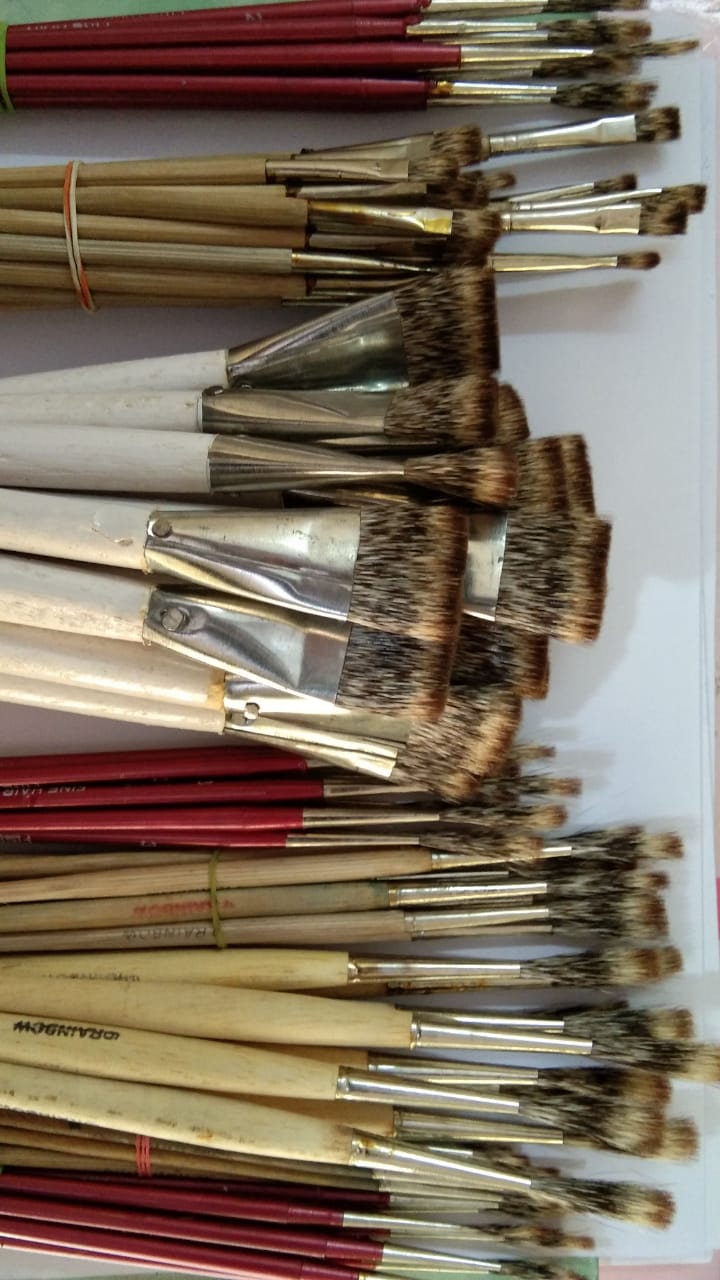In the words of Carl Hiaasen, “That’s what people do when they find a special place that is wild and full of life, they trample it to death.”
Over the past few years, there has been a tremendous rise in the national as well as the illegal international trade of wildlife. This has animals and birds. For example, the Sonepur Animal Mela in Bihar facilitates and promotes the trading of different species of animals. Despite strict provisions made by the Wildlife Protection Act 1972, which prohibits commercial trading, this event is organized every year. The Fair is also famous for buying elephants for Hindu temples in Kerala. Many elephants are also bought by wealthy landowners of Kerala who have all sorts of means to keep them as status symbols. Although the supply of these elephants has decreased, still a large number of them are captured from the wild and are traded across the country.
Moreover, the Sonepur Fair in Bihar is also home for the bird market, which facilitates a rapid trade of exotic as well as indigenous birds, in spite of a ban on their trade since 1990-91. The Sonepur Mela is just one example of such a crime committed against these animals. Studies have shown that India is one of the leading suppliers of the most coveted wildlife products. Tigers, rhinos, elephants, birds, and plants are traded all across the country.

Under "Operation Clean Art" we confiscated painting brushes made up of Mongoose hairs in Jaipur. The operation was in association with Wildlife Crime Control Bureau and Rajasthan Forest Department.
Although India has wildlife laws that are very stringent, it does not have the means to enforce the same. Due to these reasons, Hope and Beyond started a project to fight against wildlife crimes and work for proper enforcement of wildlife protection laws, and educate people and students not to use wildlife products.
Paul Oxton rightly says it –“Only when the last of the animal horns, tusks, skins, and bones have been sold, will mankind realize that money can never buy back our wildlife.”